These 13 Science Fiction Books Actually Predicted the Future
Categories: Book | People | Science | Society | World
By Vika https://pictolic.com/article/these-13-science-fiction-books-actually-predicted-the-future.htmlDoes science fiction represent the future or does it just inspire future discoveries?
We have compiled a list of books that predicted the future.
13 PHOTOS
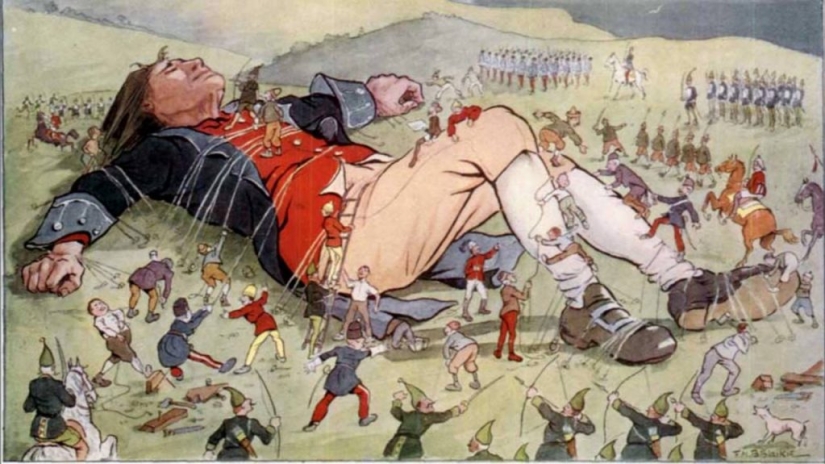
1. Jonathan Swift's "Gulliver's Travels" predicted the discovery of two moons of Mars.
When Gulliver is on the island of Laputa, a floating world filled with scientists, astronomers notice that Mars has two moons in its orbit. More than 150 years later, in 1877, it was discovered that Mars does indeed have two moons, Phobos and Deimos.
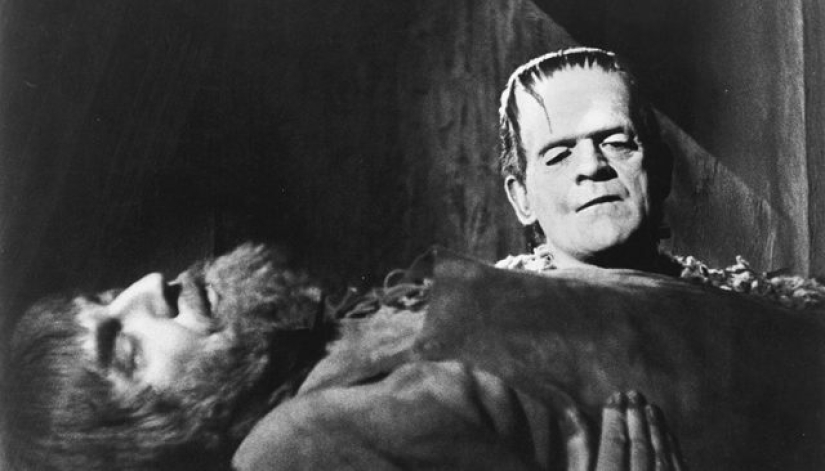
2. Mary Shelley's "Frankenstein" predicted modern transplants.
And while the early methods were crude, to say the least, they paved the way for future medical breakthroughs, such as organ transplants, which were envisioned in Shelley's novel.

3. Jules Verne "Twenty Thousand Leagues Under the Sea" predicted an electric submarine.
Published in 1870, the novel predicted electric submarines 90 years before they were officially invented.
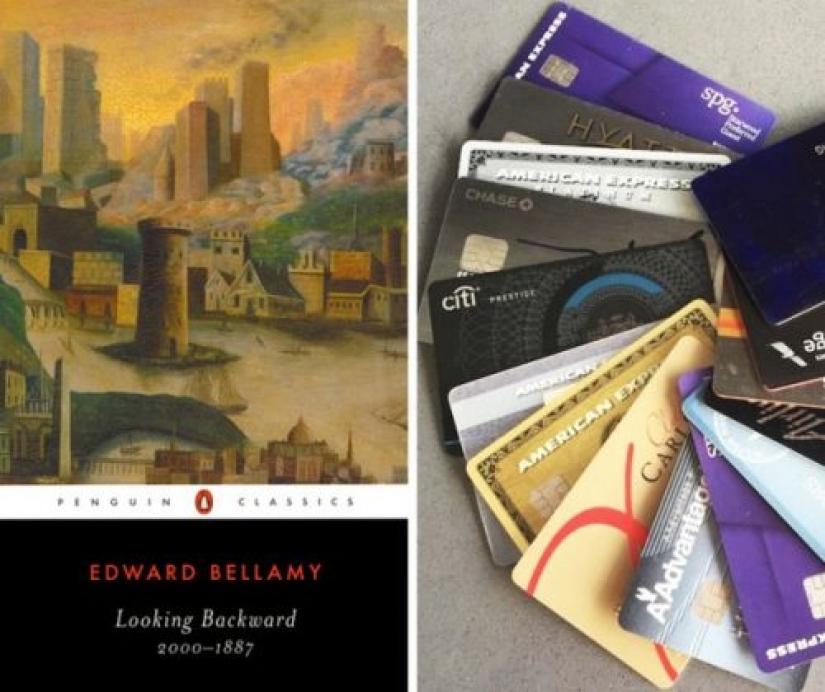
4. Edward Bellamy "Looking Back" predicted credit cards.
63 years before credit cards were invented, Bellamy had a similar idea in his 1800 novel of utopian fiction.
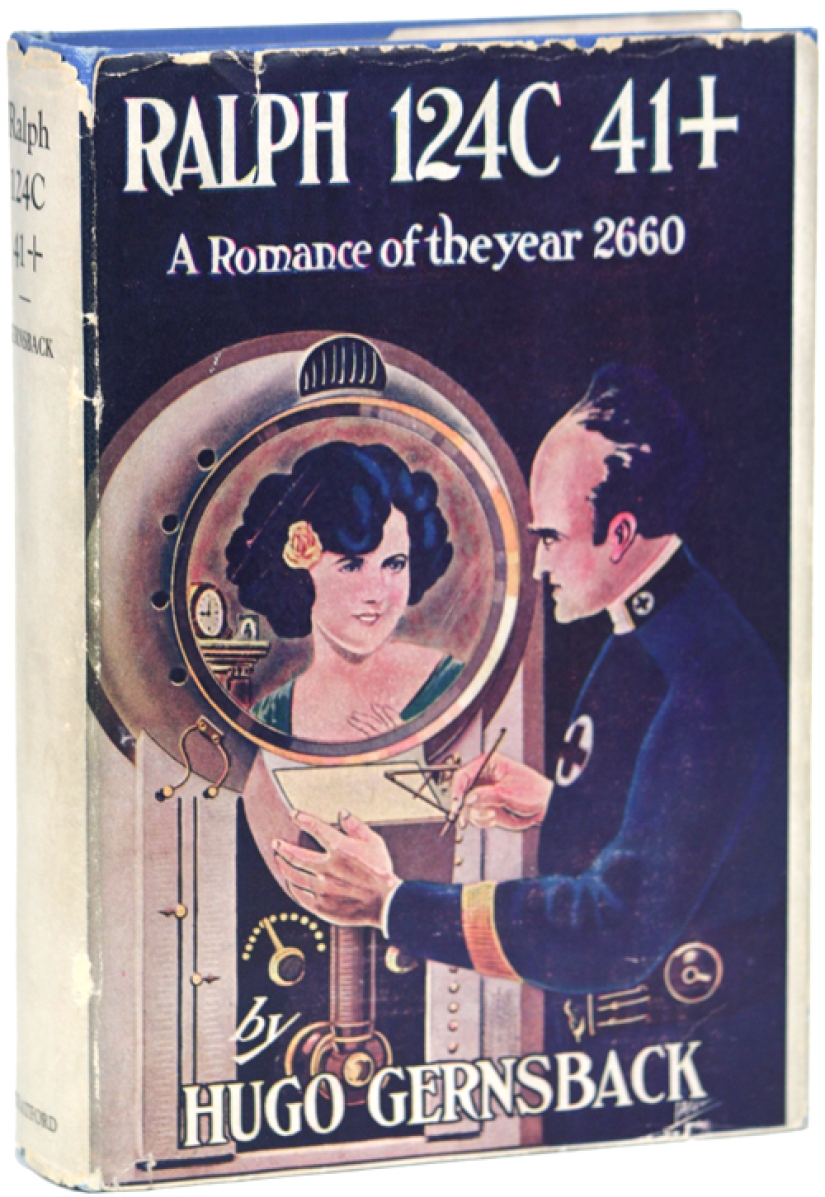
5. Ralph 124C 41+ by Hugo Gernsback predicted solar power.
Although the story is not as gripping as modern science fiction books due to its weaker plot and romantic story, it predicted solar power, televisions, tape recorders, movies with sound, and space travel.

6. H.G. Wells, The World Set Free, predicted the atomic bomb.
Although the atomic bomb in the Wells universe was a uranium hand grenade—as opposed to a conventional bomb—the science behind the idea was about three decades too late.

7. Brave New World by Aldous Huxley predicted mood-boosting pills.
In his 1931 book, Huxley foresaw the use of mood-enhancing pills and reproductive technology, as well as the problems of overpopulation.
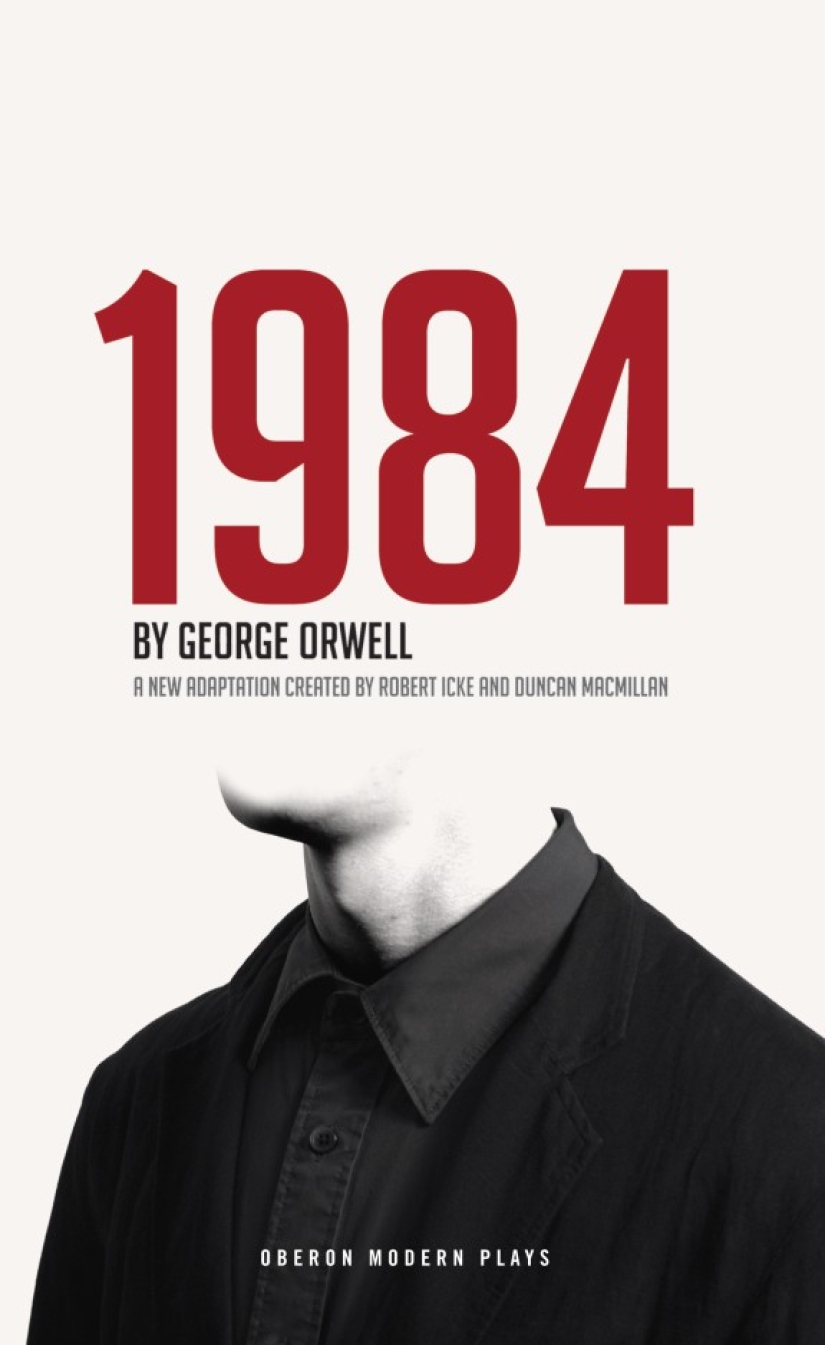
8. George Orwell's "1984" predicted "Big Brother" and mass surveillance.
Written in a dystopian world almost 40 years after World War II, the book deals with topics such as censorship, propaganda, and oppressive government in a futuristic society. Orwell also predicted mass surveillance and police helicopters.
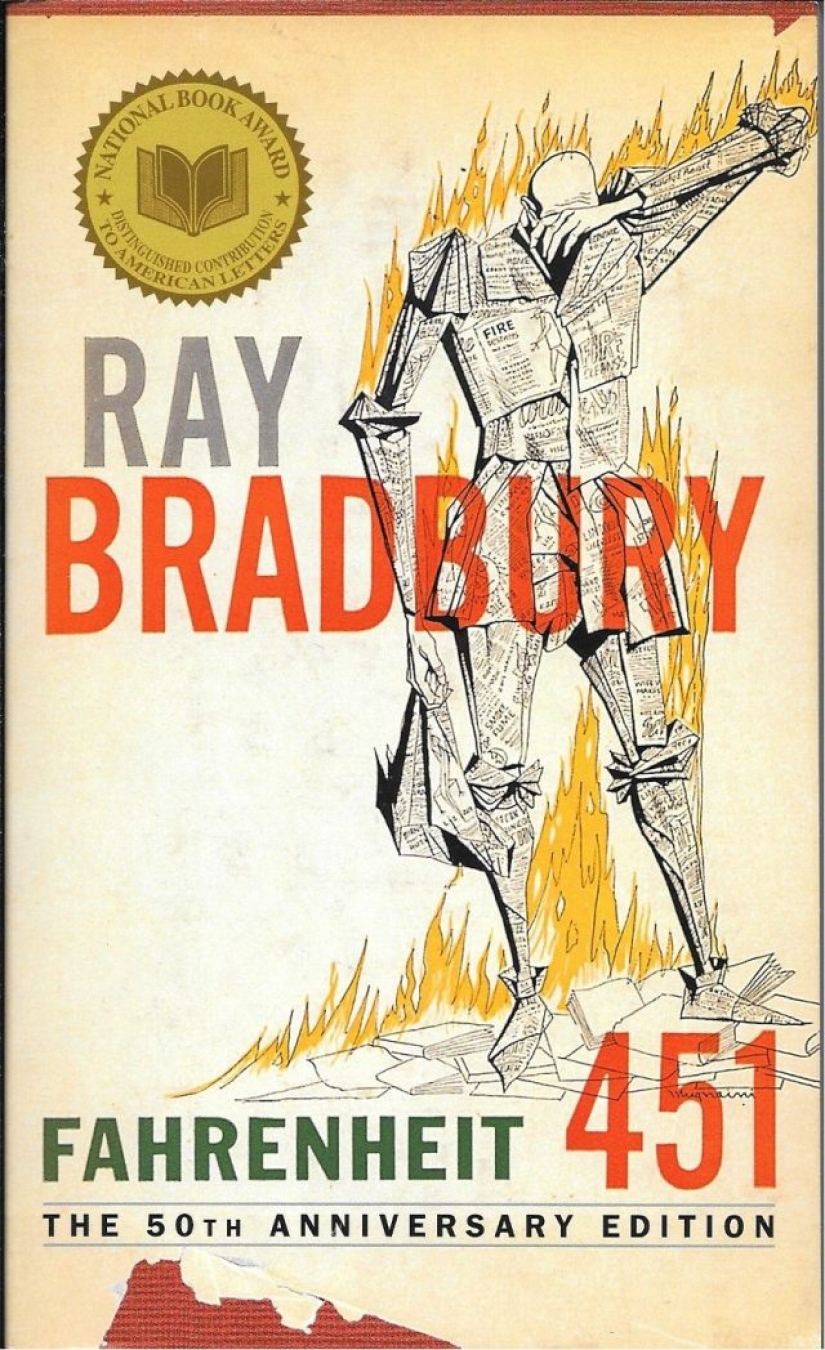
9. Ray Bradbury, Fahrenheit 451 predicted headphones.
His dystopian world foretold flat-screen televisions, as well as "shells" and "thimble" which were portable audio devices.
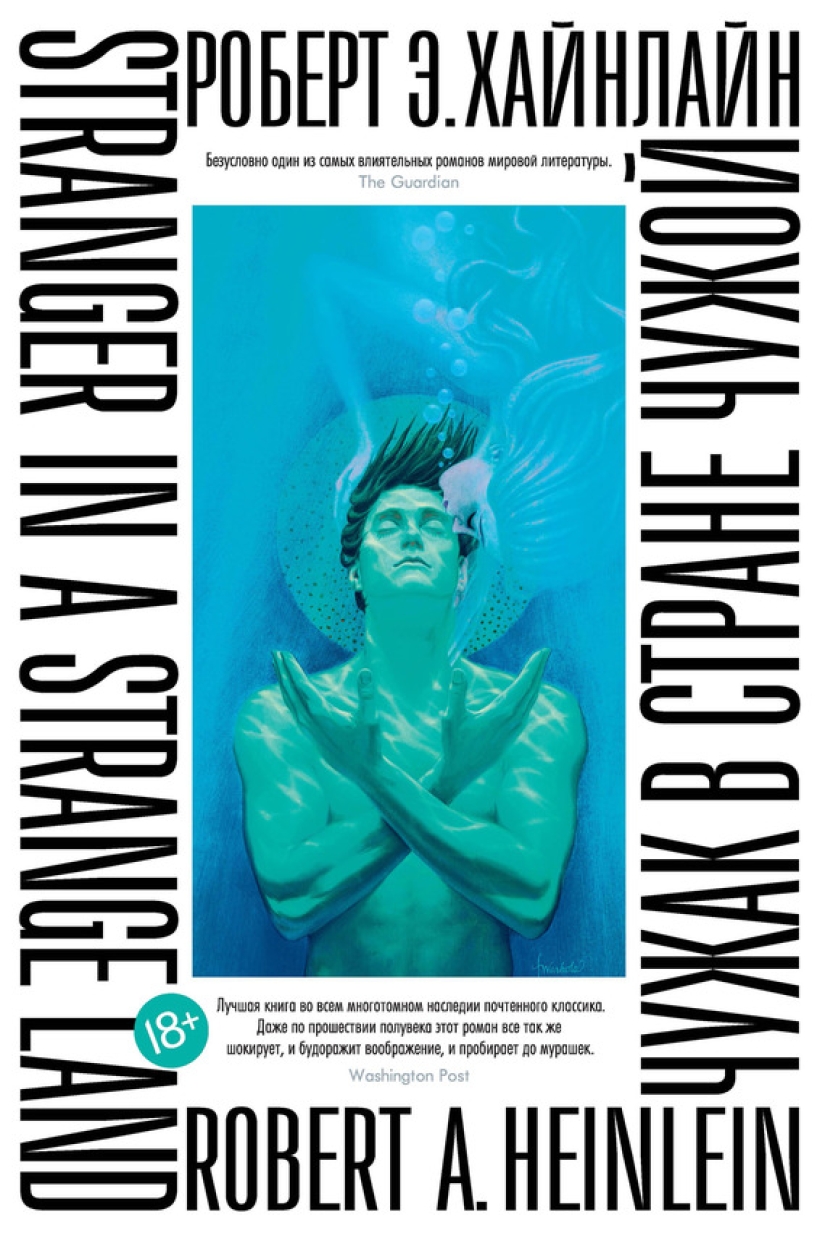
10. "Stranger in a Strange Land" by Robert Heinlein predicted a waterbed.
In addition to discussing futuristic topics such as intergalactic politics, Stranger in a Strange Land also predicted waterbeds ten years before they were even invented.
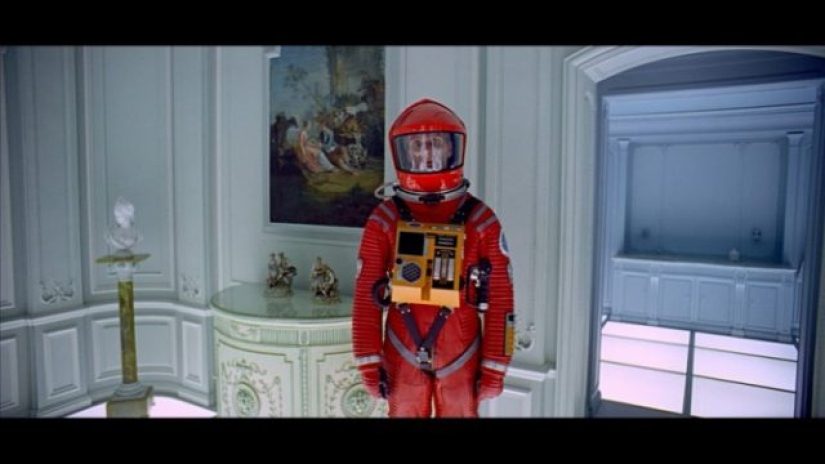
11. Arthur C. Clarke's 2001 Space Odyssey predicted the iPad.
The most accurate prediction from the book was electronic newspapers or "notebooks" that people read and were described as very much like iPads.
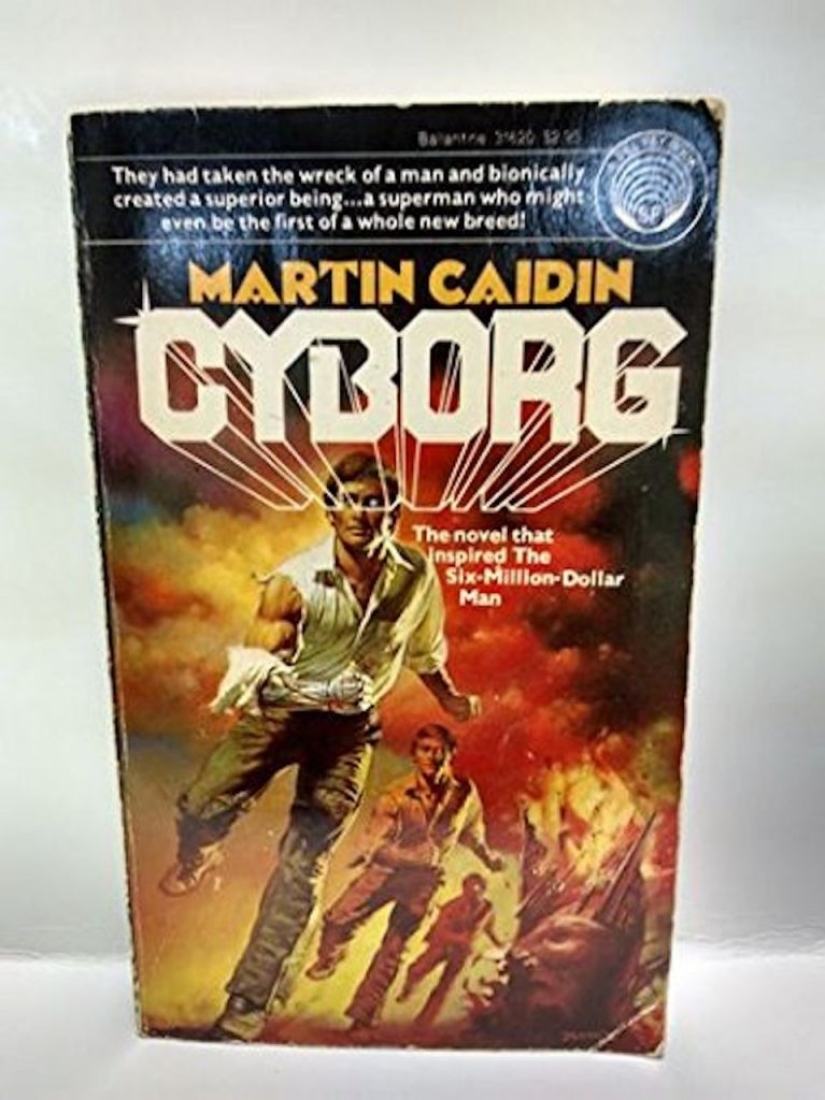
12. "Cyborg" Martin Caidin predicted the first bionic limb.
The book predicted the first bionic leg transplant 41 years ahead of reality.
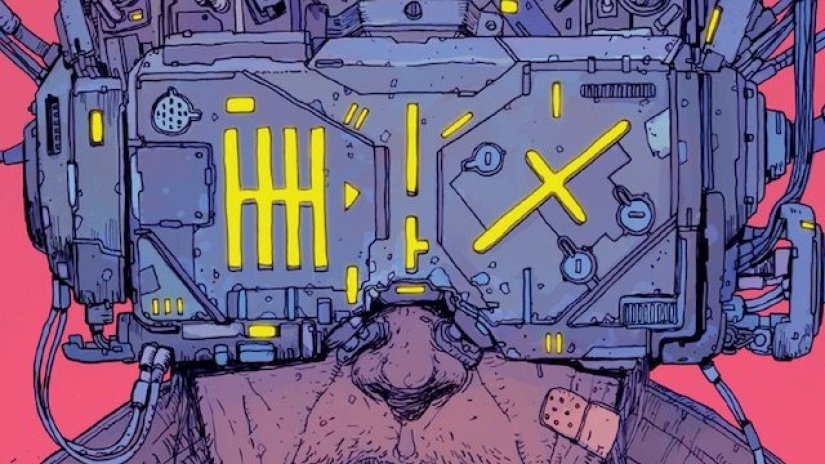
13. William Gibson Neuromancer predicted cyberspace and computer hackers.
Not only was Neuromancer the first novel to win the triple crown of sci-fi awards (Hugo Award, Nebula Award, and Philip Dick Award) and inspired the Matrix film series, but it also predicted our future of cyberspace and computer hackers.
Keywords: Science | Fiction books | Books | Fiction | Inspire | Authors | World | Society
Post News ArticleRecent articles

It's high time to admit that this whole hipster idea has gone too far. The concept has become so popular that even restaurants have ...

There is a perception that people only use 10% of their brain potential. But the heroes of our review, apparently, found a way to ...
Related articles

Have you heard of such a phenomenon as the doorway effect? Let's put it simply: have you ever walked into a room and immediately ...

There is nothing strange in the fact that certain images and concepts of fear are repeated in the horror genre. Themes of horror ...

The question of what space smells like may not be considered topical, but, you must agree, it would be interesting to find out. It ...

New Year's is a time to surprise and delight loved ones not only with gifts but also with a unique presentation of the holiday ...